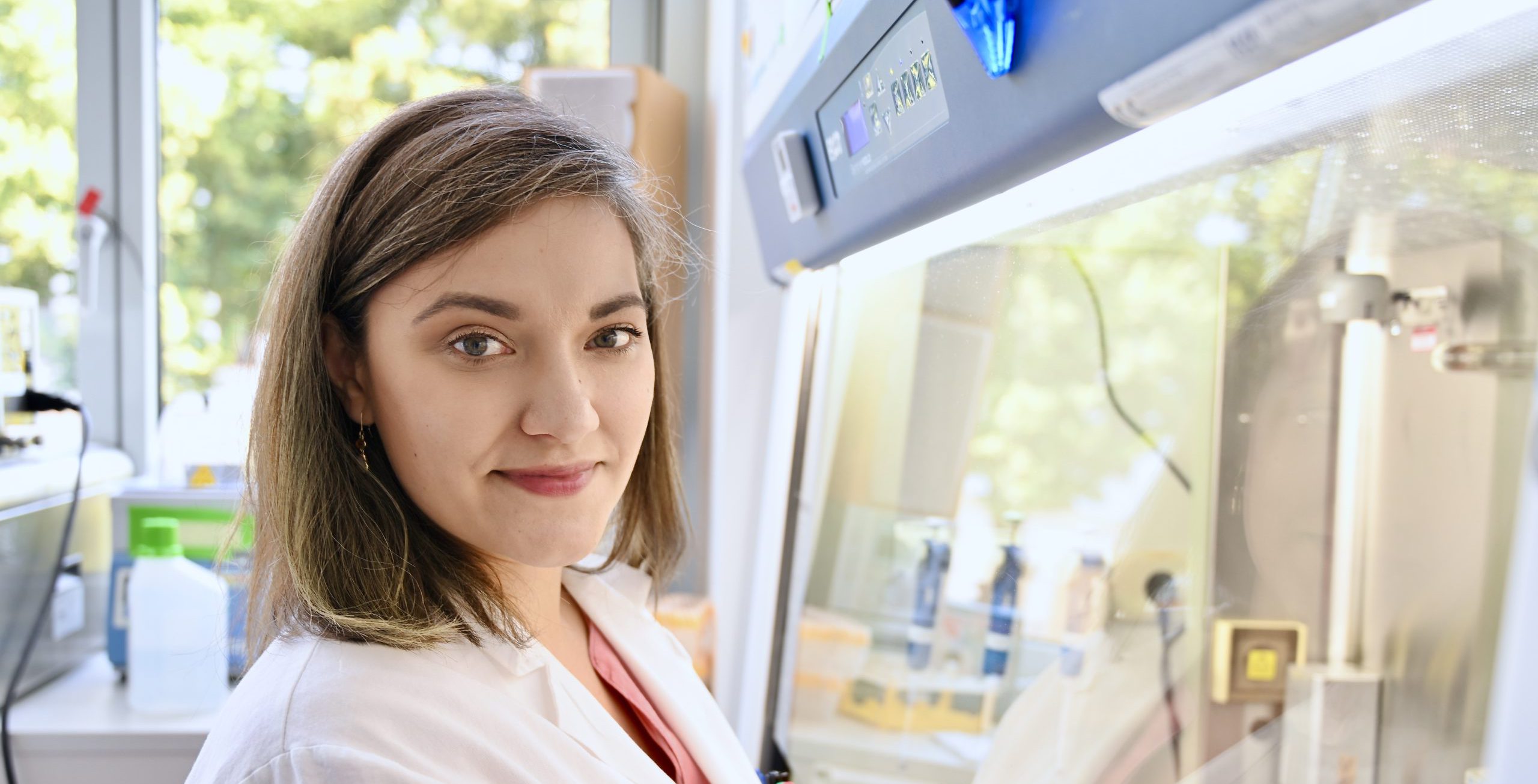Background
Pediatric cancer is a rare but devastating disease. Most of the pediatric malignancies start as early as the development of the functional cells during embryogenesis. Sporadic mutations and chromosomal aberrations that occur in the cells undergoing developmental changes can derail them from normal developmental trajectory. This process may result in the cells being stuck in the plastic proliferative state ultimately giving rise to the first cancer cells. The occurrence of the mutation does not always lead to the development of the first cancer cells as some cells even though they harbor mutated genes continue to develop normally. Therefore, the specific cellular state that is hit by mutations can be either vulnerable or resistant to cancer initiation. The cancer initiation vulnerability or resistance is dictated by a specific configuration of the gene regulatory network operating at the specific cellular state and by investigating the interaction between the mutation and the network we can learn how to modulate it and do not allow the cancer to onset.
Our research
Neuroblastoma onset vulnerability modeled with human stem cells
Neuroblastoma is an enigmatic pediatric tumor that is composed of sympathetic neuronal progenitors but it is most often found in the adrenal gland – the organ that does not contain many neurons, but instead is built by endocrine – chromaffin cells. Deep knowledge of development of the adrenal gland brings us the cue for the mystery as the sympathetic neurons and chromaffin cells share the common developmental path and human fetal adrenal glands uniquely harbor large sympathetic ganglia structures that disappear after birth (Kameneva, Artemov, Nat Gen, 2023). We aim to recapitulate the process of adrenal gland cells development with all the intermediate cellular states using genetically engineered human stem cells. With such models we aim to target each intermediate cell state with neuroblastoma-associated mutations in order to profile the perturbations to the gene regulatory networks that lead to the emergence of the first cancer cell. In this approach we gain control over when the mutation is introduced at the cells (initiating event that is unobservable in clinics) and therefore we can build the fine and detail trajectory of gene expression and regulation changes leading to the onco-transformation to identify key players shaping vulnerable and resistant cellular contexts.
Looking for the resistance mechanism for familial mutations
Familial mutations often result in predispositions to pediatric cancer and syndromic conditions resulting in the malformation of several organs. It is known that the penetrance of such mutations is not complete, and some cells and tissues remain healthy despite the mutation being present in all cells of the body. We aim to model the situations when human cells recapitulate developmental trajectory on the background of familial mutations predisposing for pediatric cancers. By dissecting cell fate decision dynamics at the single cell level, we aim to elucidate the effect of the mutations on early cell fate decisions stability and the mechanism cell use to avoid onco-transformation.
Our methodologies include the combination of 2D and 3D human stem cells models, genetic engineering, single cell multiomics followed by state-of-the-art bioinformatic analysis, targeted CRISPR-screens and functional validations.
Links
Projects and Funding

- Modeling Pediatric Tumor Initiation with Human Stem Cells
CCRI responsible Project Lead: Polina Kameneva
Grant from the Austrian Science Fund (FWF), START Program

- Tumor initiation in familial SDHb-mutated paraganglioma modeled in human iPSCs-based organoids
CCRI responsible Project Lead: Polina Kameneva
Grant from the Paradifference Foundation
Selected Articles
About Polina Kameneva
Dr. Polina Kameneva (PhD) established her research group at the St. Anna Children’s Cancer Research Institute (CCRI, Vienna, Austria) in June 2024. After obtaining her PhD in 2017 from Far Eastern Federal University, Russia she moved to Sweden and joined the lab of Prof. Igor Adameyko at Karolinska Institute. There she investigated the development of human and mouse adrenal glands and gained a deep insight into the developmental principles and regulations elucidating human specific aspects of development that can serve as predisposition to neuroblastoma. During her second postdoc at the Medical University of Vienna, Austria she changed the focus to develop the expertise in using stem cell systems for modeling the early human development. For her independent research she is building up on the expertise as developmental biologist and aims to model tumor onset with stem cells models. Polina got awarded with the FWF START grant in 2024, which generously support this research idea. Polina’s discovery of cell states implicated in neuroblastoma was awarded with Johann Wilhelm Ritter von Mannagetta Prize for Medicine in 2022.







